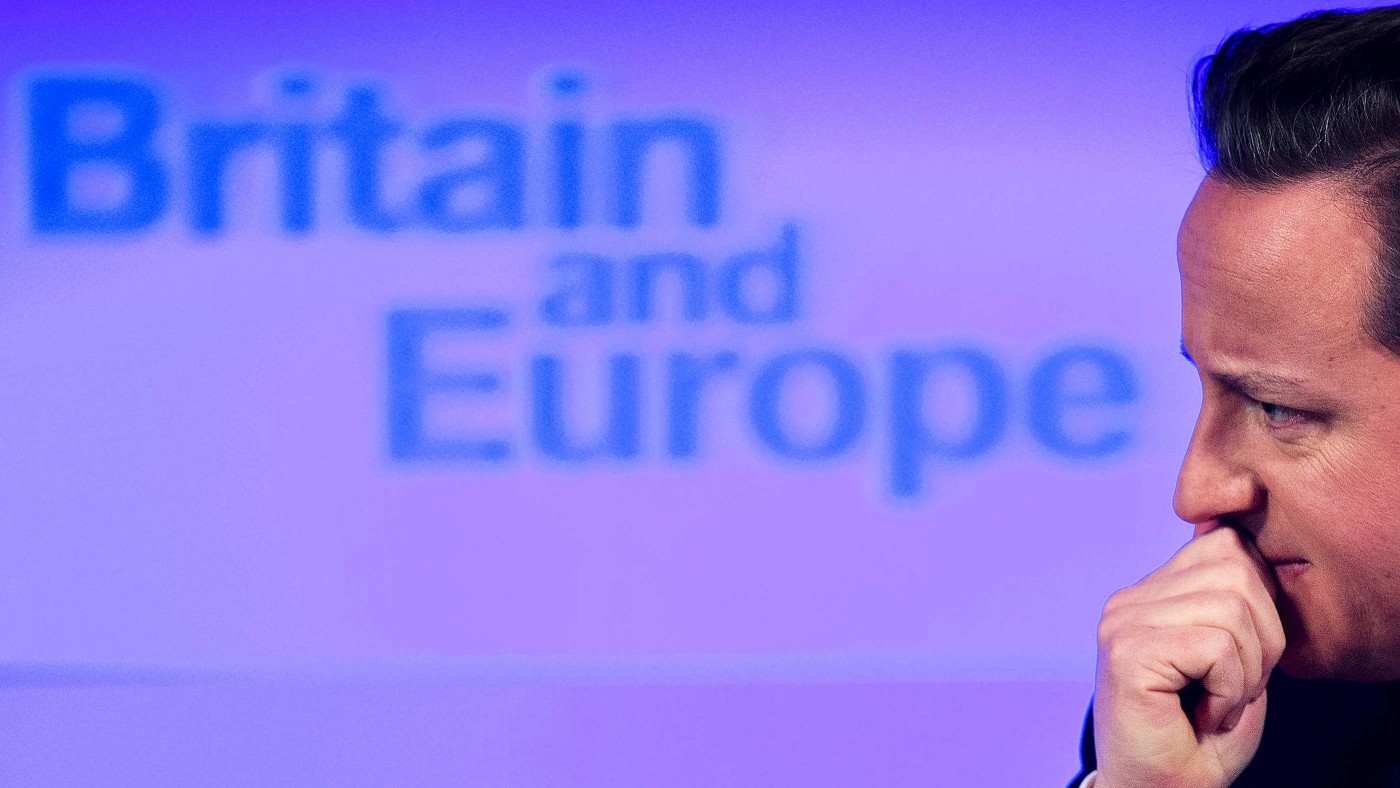Do you remember the issue that began the Ukraine crisis? Supporters of President Yanukovych favoured a customs union with Russia; opponents preferred a free trade agreement with the EU.
The protesters were right. Never mind the wider issue of whether Ukraine faces East or West. Free trade areas are superior to customs unions, because they are non-exclusive. The difference is critical, and deserves to be better understood.
A free trade area is a group of states which have eliminated most or all tariffs and quotas on their trade. Sometimes, their agreement covers only manufactured goods and commodities. Sometimes it applies to services, too. In a few cases, it incorporates free movement of labour. Examples of free trade areas are Nafta (Canada, the United States and Mexico) and ASEAN (ten South East Asian states).
A customs union involves internal free trade, but also a common external tariff. Its members surrender their separate commercial policies, and give up the right to sign trade agreements. Instead, trade negotiations are conducted, and treaties signed, by the bloc as a whole. Customs unions often exist where one state administers another, or where a tiny nation contracts out its trade policy to a larger neighbour: Swaziland and Lesotho are in a customs union with South Africa; Liechtenstein with Switzerland; Israel with the Palestinian territories. Other than the EU, the two chief customs unions on the planet are Mercosur and the Andean Community. (Though Brussels was so heavily involved in launching these two blocs that they might almost be considered creatures of the EU).
One way to think of the difference is this: Nafta could accept Britain while allowing it to enjoy free trade with the EU; but the reverse is not true.
The two models coexist in Europe. EFTA is a free trade area. Its members buy and sell unrestrictedly with each other and with the EU. They can also sign commercial accords with non-European countries. On 1 July, for example, China’s FTAs with Iceland and Switzerland came into effect.
Britain, by contrast, can’t sign an FTA with China. Given that China grew by 7.7 per cent in 2012 while the EU shrank by 0.3 per cent, this strikes me as quite a disadvantage.
The UK, incidentally, suffers disproportionately from the EU’s common commercial policy because it conducts an exceptionally high percentage of its trade outside Europe. In 2012, non-EU markets accounted for 57 per cent of British exports; the equivalent figure for Belgium was 22 per cent. The EU’s Common External Tariff averages between five and nine per cent – higher than the UK had in the 1920s.
Membership of a European customs union sunders Britain from its hinterland. Among the countries with which the EU has negotiated no trade deals beyond the WTO minimum are the United States, Australia and New Zealand.
This is, oddly enough, more of a disadvantage now than it was 40 years ago, because the Commonwealth has grown much faster than the EU, and is forecast to grow at an astonishing 7.3 per cent annually for the next five years. Britain has purchased membership of a stagnant customs union at the expense of free trade with growing global markets.
Why isn’t this a bigger talking point? Why don’t we hear the statistics more often? Precisely because trade policy ceased to be an issue when it was handed over to Brussels in 1973. In other countries, commercial accords are the major component of foreign policy. Legislators debate them all the time. Journalists take sides. Academics publish detailed papers. In the UK, as in other EU states, trade has more or less disappeared from public discourse.
Consider, by way of contrast, Switzerland. There, federal MPs are enormously familiar with tariffs, quotas and rules of origin: it’s a major part of their jobs. Switzerland, to repeat, trades freely with the EU while also having the ability to negotiate bilaterally with non-European states. Switzerland applies some single market measures as a result of its bilateral free trade accords with the EU. It does so as a sovereign country, through domestic legislation, rather than through the direct applicability which pertains on EU territory. But the percentage is lower than in Norway, and immensely lower than Britain. Switzerland has implemented fewer than 2,000 single market directives since 1992; the United Kingdom more than 30,000.
To put it another way, although Swiss exporters must meet EU standards when selling to the EU – just as they must meet Japanese standards when selling to Japan – they are not usually obliged to apply those rules to their domestic sales. In consequence, Switzerland enjoys a competitive advantage with no depreciation of its exports to the EU. In 2011, Switzerland’s sales to the EU were, in per capita terms, four-and-a-half times as much as Britain’s.
Could Britain withdraw from the Common Commercial Policy while still calling itself a member of the EU? Probably not, but even here possibilities exist. The most protected element of the EU’s economy is agriculture. Recent reforms have seen a shift in the CAP away from guaranteed prices toward direct subsidies, paid at national level. Having come this far, it is much more feasible for a county to opt out altogether, which would mean, in practice, withdrawal from the largest element of Euro-tariffs.
When it comes to services, the rules are still being developed. There are growing areas of the economy where, in practice, no external tariff applies.
And, of course, as the WTO lowers tariffs on all goods worldwide, the issue becomes easier to resolve.
Britain needs to be clear about its national interest. It is a trading nation, with few natural resources, dependent on what it buys and sells. The central economic fact of this century is the embourgeoisement of what we still think of as developing countries. Britain’s exports to the rest of the world are rising as its trade with the EU dwindles. Europe is altogether too small.


